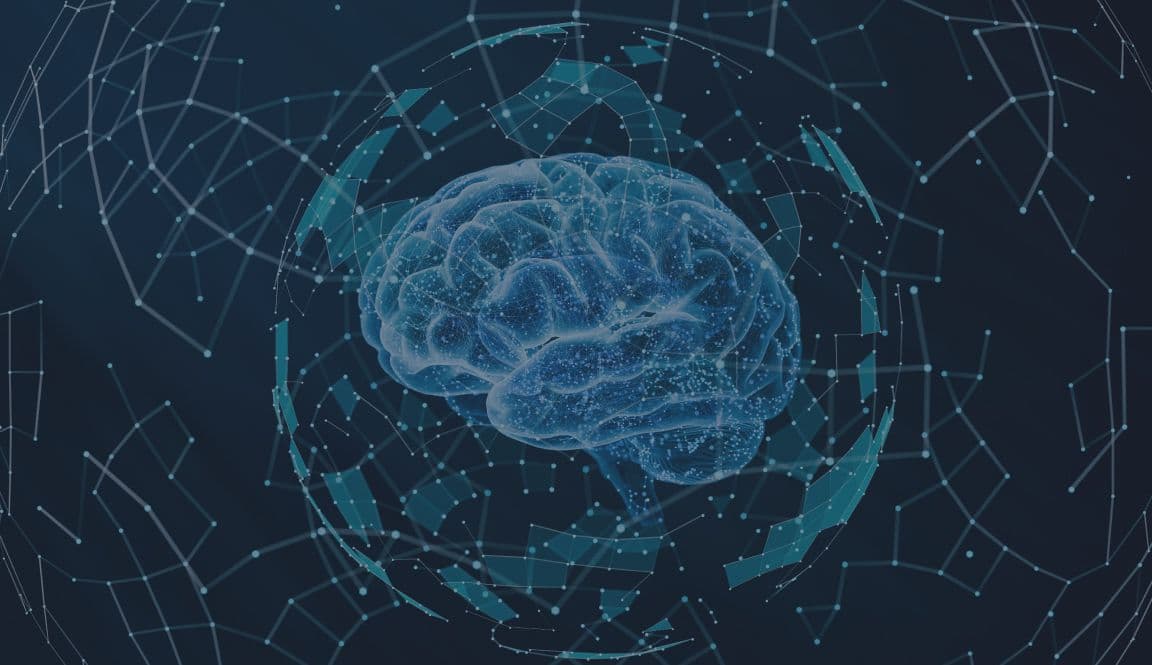
What is TensorFlow?

What is TensorFlow?
TensorFlow is a software library that allows the creation of artificial intelligence systems at various levels. It is an open-source system that provides convenience with deep learning technology. It can be used on desktop and mobile platforms. It stands out with its command processing, data collection, and information evaluation hardware. The system excels in deep neural networks, which resemble the nervous system in the human body.
The network units in TensorFlow work simultaneously with different functions. The predictive capability of artificial intelligence arises from neural networks. With TensorFlow, you can create algorithms with low error rates. Its open-source system is preferred by many organizations and individuals.
The question "What is TensorFlow?" can be explained using programming languages. The system utilizes C++, CUDA, and Python languages, each serving specific functions that define the system's features.
C++ has been of interest since 1983, offering advantages in object-oriented and procedural paradigms. It operates on cross-platform operating systems. Python, introduced in 1990, is a modular and interactive language. It gains functionality through features such as functional programming, object reflection, and interpretation. Systems like Boo, Falcon, Cobra, Ruby, and Groovy are based on TensorFlow. CUDA, introduced by NVIDIA in 2007, is a C programming language that allows running algorithms written in C on a graphics processor. The PathScale-based compiler executes C-based algorithms on the graphics processor.
What Can Be Done with TensorFlow?
TensorFlow creates algorithms that enable the automatic development of systems. Standard artificial intelligence requires explicit instructions in case of deficiencies, but TensorFlow with its deep learning capability corrects wrong predictions. The system can detect the correct reaction. The advanced algorithm of TensorFlow creates many fields of application. If you wonder what can be done with TensorFlow, here are some specific use cases:
- The renowned platform Twitter evaluates TensorFlow to select and promote important tweets to the main feed.
- Editing recommendations on the photo editing platform VSCO are generated through artificial intelligence inferences.
- Spotify, where you can access thousands of songs, develops personalized recommendations based on user preferences. Artificial intelligence classifies frequently listened to music.
- The system enhances the security of PayPal's payment network. It enables tracking account activities and predicting potential fraudsters.
- Telecommunications company China Mobile utilizes deep learning for network monitoring. It simplifies log verification and anomaly detection.
- The online shopping platform Naver relies on the algorithm to automatically classify newly added products.
- The video conferencing application InSpace develops spam message filters using TensorFlow.
- Accommodation service provider Airbnb uses TensorFlow to classify hotel images, providing accurate recommendations by finding similar establishments.
- TensorFlow can be used in voice recognition systems where speech is converted into text.
How to use TensorFlow?
There are different answers to the question of how to use TensorFlow. The system is compatible with many programming languages. It is necessary to learn the coding differences between algorithms. You can benefit from the tutorial on the official website to use TensorFlow. Guides make it easier to grasp the logic.
The site also provides certification services. Users can experiment with TensorFlow examples and instructions. It can be useful to know certain details before the process. The system operates with multidimensional arrays symbolized by the code "tf.Tensor." Here is an example of a two-dimensional Tensor:
import tensorflow as tf
x = tf.constant ( [ [ 1. , 2. , 3. ] , [ 4. , 5. , 6. ] ] )
print (x)
print (x . shape)
print (x . dtype)
tf.Tensor ( [ [ 1. , 2. , 3. ]
[4. , 5. , 6] ] , shape (2 , 3) , dtype = float32 (2 , 3) < dtype : ' float32 ' >
Tensor.shape indicates the dimensions of the tensor along different axes. Tensor.dtype specifies the data type of the tensor. Normal tf.Tensor units are constant, while the tf.Variable feature is used for variable elements. The tag you can use to develop client-side algorithms is as follows:
<script src="https://cdn.jsdelivr.net/npm/@tensorflow/tfjs@1.0.0/dist/tf.min.js"></script>
For developing iOS-compatible mobile applications, you need to include the statement pod 'TensorFlowLiteSwift' in your library. The formulas available for Android are as follows:
implementation 'org.tensorflow:tensorflow-lite:0.0.0-nightly'
implementation
‘org.tensorflow:tensorflow-lite-gpu:0.0.0-nightly’
What is TensorFlow Certification and How to Obtain It?
Using TensorFlow requires experience, and proficiency is documented through a certification program. You can access free training from the application page. The program consists of six stages, with the first stage being the training phase. After completing the training, participants can register for the exam free of charge.
To take the exam, you need to install the TensorFlow Exam extension with PyCharm IDE. Then, you can proceed to the exam and write the required code. Those who pass the exam are awarded an e-certificate. Proficiency in JavaScript is a key criterion in the software industry. Having a Java TensorFlow certification makes it easier to find employment.
If you're wondering what Java TensorFlow is, technical specifications can be informative. JavaScript is an open-source, object-oriented programming language. It offers platform independence and enables secure software development. JavaScript is an advanced version of Java.
It is used in the development of functionality, infrastructure, and design for mobile and desktop platforms. Having a Java TensorFlow certification can provide advantages in the web sector. The factors that affect success are as follows:
- Understanding software concepts.
- Understanding the fundamental concepts of deep learning technology.
- Ability to create object detection, image recognition, and text recognition systems using deep neural networks.
- Ability to solve natural language processing problems.
- Proficiency in Python, C++, and CUDA languages.
Which One Should Be Preferred: Keras or TensorFlow?
Keras is a programming system that provides an alternative for TensorFlow. Knowing the advantages and disadvantages of both frameworks can help in making a decision. Some features of Keras include its relatively easy learning curve, minimal debugging requirements, and the ability to work with small datasets. The differences between Keras and TensorFlow can be listed as follows:
- The Keras used on Theano and CNTK is a high-level API.
- TensorFlow can cater to both low-level and high-level needs.
- Knowing Python is sufficient for using Keras.
- TensorFlow usage covers a wide range of possibilities. Having knowledge of C++ and CUDA languages can enhance the experience.
- TFDBG is a commonly used debugging tool in Keras. Its user-friendly interface contributes to efficiency.
- The TensorFlow interface requires maximum technical knowledge. Proficiency in linear algebra affects performance.
To summarize the details; Keras is suitable for small-scale and continuous activities. Tensor requires precise process management. The answers to what can be done with TensorFlow include listing, grouping, visual generation, and monitoring data flow.



